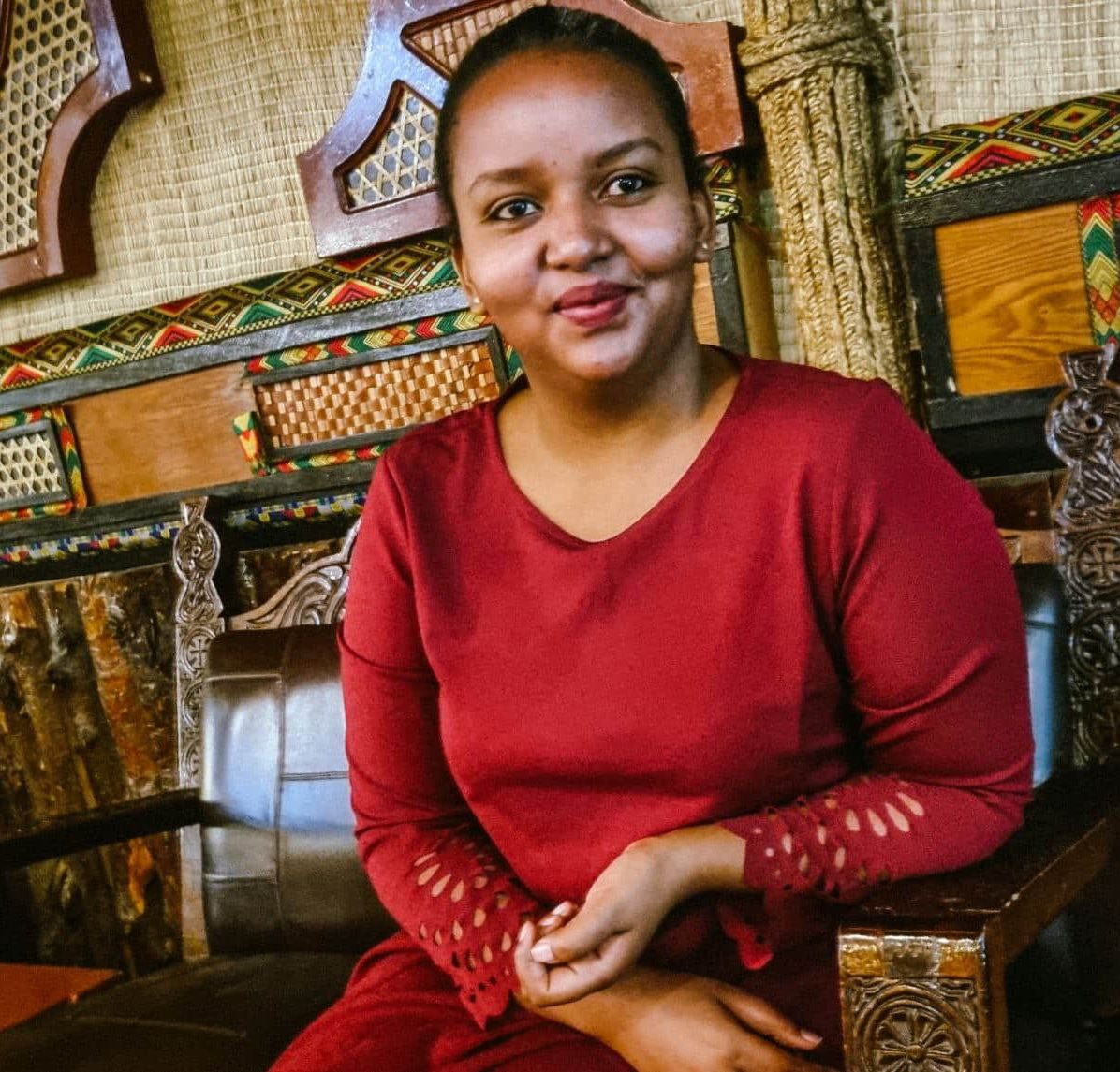Doctor Ruth Dirbia will never forget the pregnant woman who walked for days while in labour to reach the hospital where she was working as a medical intern. The woman suffered irreversible damage but survived. Her baby died; it was the third time in a row that her pregnancy had ended in the death of her child.
Determined to learn how to prevent such fatal complications, Ruth went to work in the rural Sidama region at the Leku Primary Hospital. For two years she struggled to care for her patients – many of them wounded in ethnic conflict – without electricity or running water, often without food or medical supplies, cut off from the referral system by closed roads.
Ruth saw a lot of trauma, but she came through these difficulties to head up efforts ensuring quality care at the hospital. She developed trainings for colleagues in providing reproductive health services. She designed labour and abortion wards which would protect a woman’s privacy. She created a child-friendly paediatric ward. Above all she saw the importance of policy decision, and so she joined the Ethiopian Public Health Institute where she provided training on mental and psychosocial health for colleagues working with Internally Displaced People (IDPs).
When COVID-19 hit she became a focal point for community engagement at the National Emergency Operation Centre. She conducted campaigns, led community engagement and developed digital education content for health workers as part of Ethiopia’s response to the pandemic.
Women health care workers, Ruth believes, are the beating heart of any health system. Ethiopia’s Health Extension Workers are mostly women, and she has pioneered digitized in-service trainings to support them, starting with reproductive, maternal, neonatal and child health. She now works for ‘Last Mile Health’ in Ethiopia as Technical Advisor, leading their health advocacy and partnership with the Ministry of Health.
She is also leading the organization’s gender mainstreaming and social inclusion programme in Ethiopia, working in partnerships with the Ministry of Health to close the gender gap in digital literacy. ‘Health for all cannot be achieved without gender equity’ she says.

